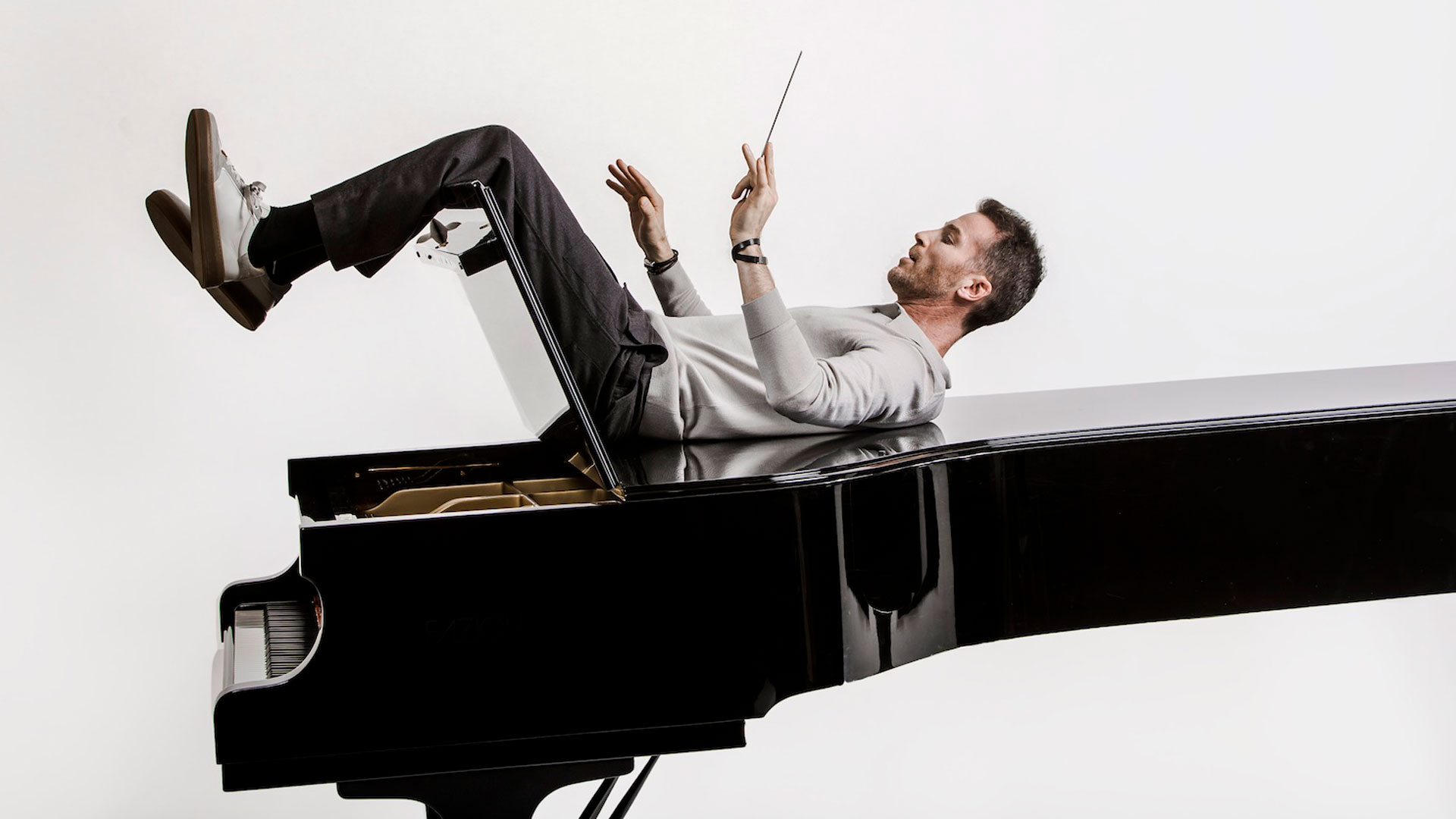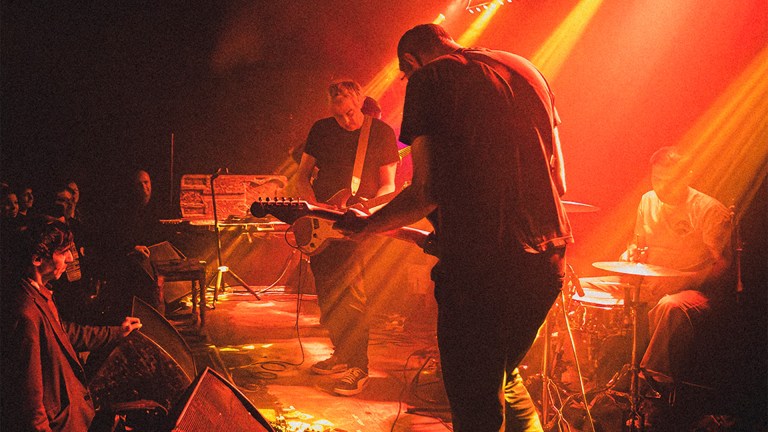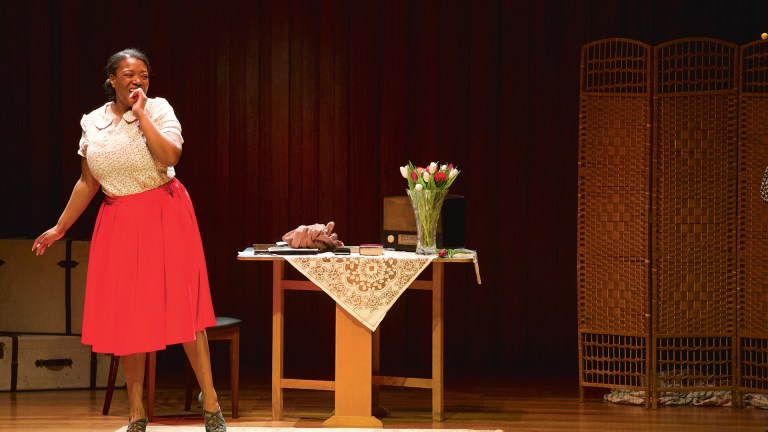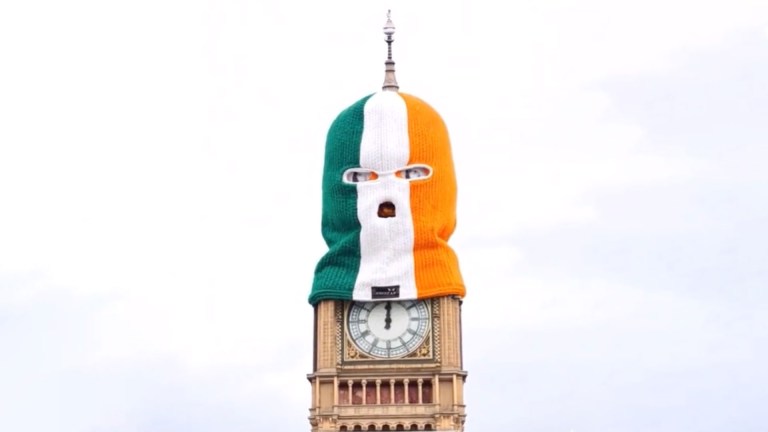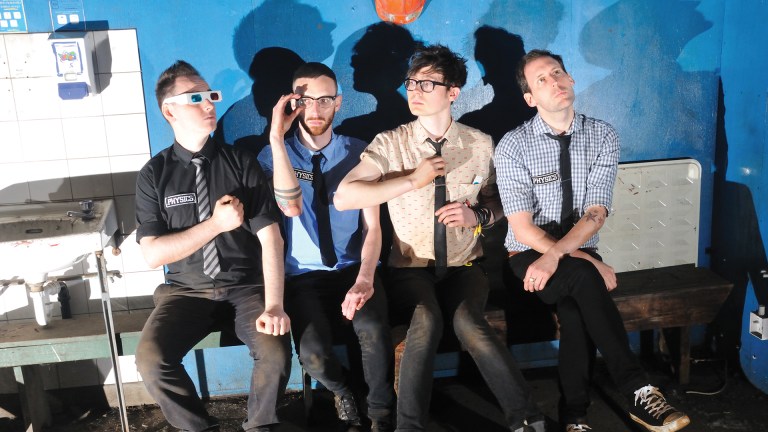“I wanted to make sure it was something simple,” says Anglo-French classical pianist RIOPY, down the line from Paris (via London). “Something repetitive enough to get your mind in this kind of hypnosis state. It’s like how people do little mantras or the way Sufis turn in circles for hours to put themselves into a trance. You focus your mind on one task – those two notes.” RIOPY, probably one of the most in-demand classical musicians in the world, is talking to me over Zoom so that I – a humble bass player in a punk band with a cheap midi keyboard plugged into his Mac, and who absolutely can’t play the piano for toffee – can learn those two notes and the mindfulness technique/elegant musical piece he calls Meditation 111. It’s part of a project commissioned by the Mental Health Foundation, for Mental Health Awareness Week, which begins on May 15 and this year focuses on anxiety.
Meditation 111 is a super-simple piano figure which its composer reckons anyone can learn to play in under an hour, using two or three fingers. The left hand plays the two notes that create the “musical mantra” while the right picks out a little melody parsed from Claud Debussy’s Clair de Lune and then wanders off, if so inclined, into its own improvisations.
In theory, anyone can learn to play it. “Every time I meet someone who says they can’t do it, I always tell them ‘no, you can’” says RIOPY. “You just concentrate on those two notes.”
The music becomes a mindfulness exercise, one that, like visualisations or mantras, involves fixating on a simple, repetitive idea – the two notes played by the left hand. You can become lost in those two notes, rocking back and forth between C and D. Once the rhythm becomes instinctive then your right hand can play the melody. It’s an incredibly effective technique… calming and satisfying and absolutely accessible.
Healing through music is a big deal for RIOPY. Born Jean-Philippe Rio-Py (RIOPY is a stage name), he was raised in a secular cult in rural France, where he remained well into his teens. Cult members were cut off from the outside world, family ties were severed and children were routinely beaten. Music was banned. One day the young Jean-Philippe found an abandoned piano. It changed his life.
“That’s what saved me in the first place,” he says. “From my depression, my anxiety, my suicidal thoughts. I had pain here every single day of my life.” Here he clutches his hands to his chest, “but when I was making music, it was like I was on a quest. You go to another place; your mind is in this beautiful environment of peace. Of love.”
